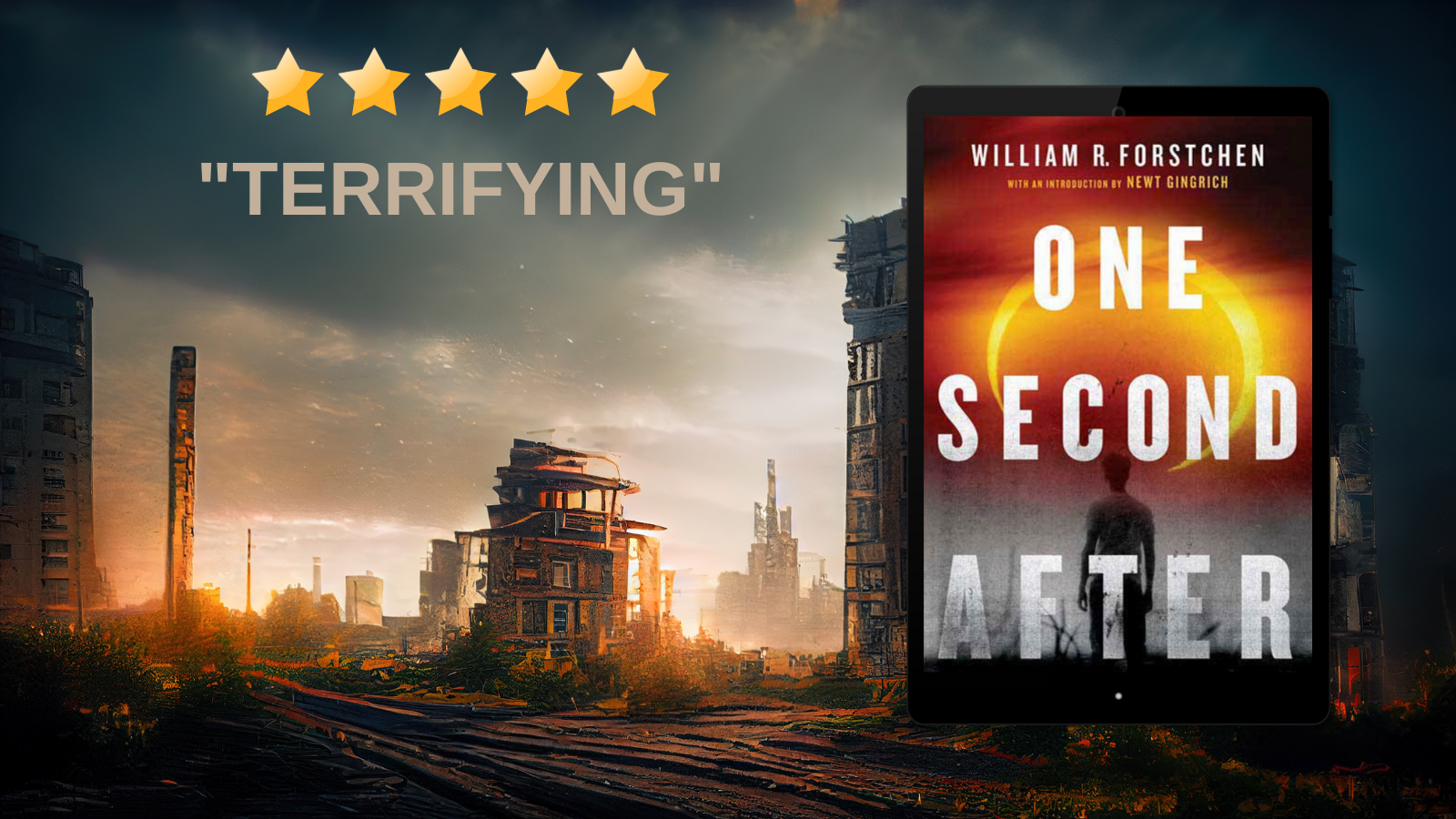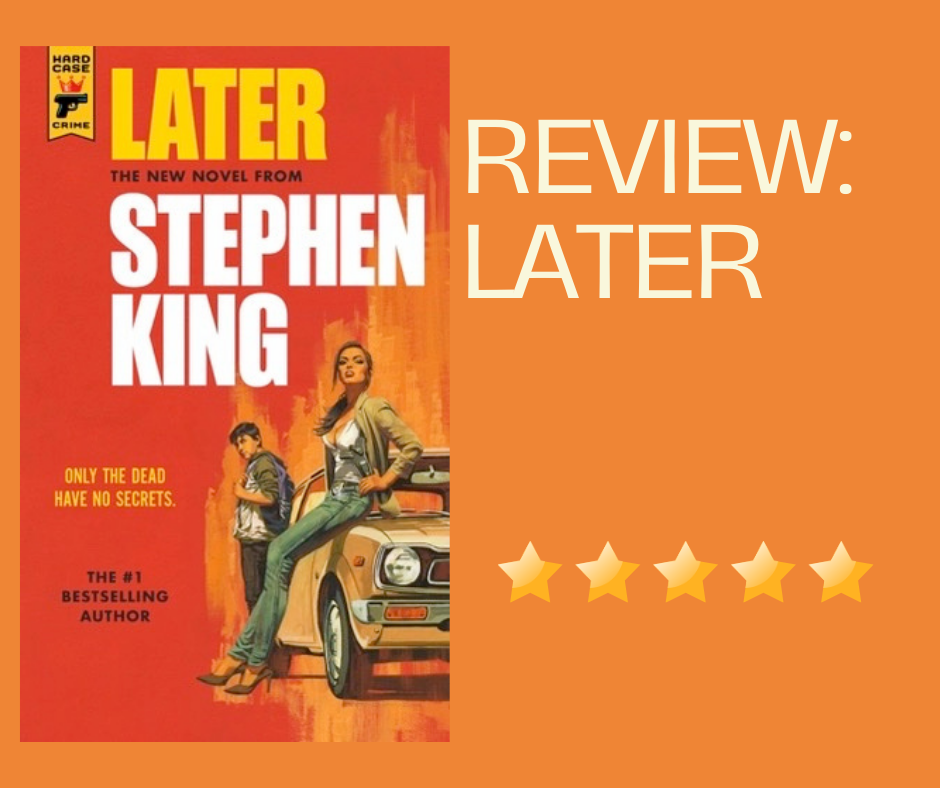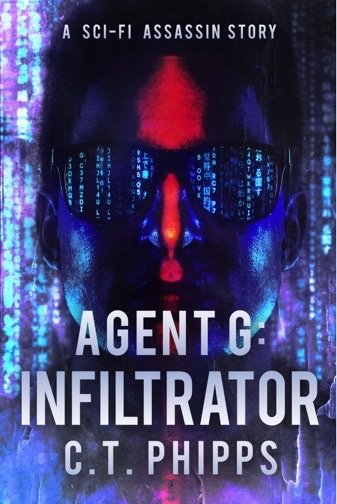Cyberpunk is dead…
Right? That’s what I often see these days in FB discussions and on the internet forums. It’s no longer relevant. Japan isn’t overtaking the world in the near future. Hackers and netrunners aren’t glorious anymore. Why write in the dead genre that it is?
Great fiction is usually an interpretation of the world around us. It can be fantastic and far-fetched, but what separates the drivel from great works is the ability of the author to see the world as it is and then extrapolate it through the prism of their imagination. That’s what resonates with people. That no matter how implausible the settings are, it’s the underlying humanity that attracts the reader. The ability to relate to what is happening to the characters of the story, whether that story takes place in downtown Manhattan, a small beach town in New England, or in the galaxy far, far away. Most people understand that. But there’s also another variable in that equation. What makes any genre relevant is how we perceive the likelihood of what we are reading about of happening in real life. Not in the literal sense, but some version of it. Do we think people will roam the galaxy in rigged Falcons, shoot blasters, and duel with lightsabers? No. But space travel is a real concept and we eagerly suspend our disbelief when Darth Vader is choking the life out of someone, because it’s only a small flourish fraught with symbolism meant to enhance the adventure set in space. Frodo’s story is not about elves and dwarves, and the magic ring of power. It’s about friendship and perseverance. Neo’s story is not about the bullet time. Instead, it’s neatly summarized on a small plaque above the Oracle’s door. Temet Nosce. Know thyself.
So, how relevant is cyberpunk? Is it dead? To answer this, it’ll be helpful to look back about two hundred years.
I’m fairly certain that when Edward Ludlam, also known as Ned Ludd, enraged after being whipped for laziness, destroyed a pair of knitting frames, he had no idea that his name would later become associated with an anti-progress movement. And yet, as history would often have it, a seemingly insignificant event can have a profound effect on the future.
The Luddites and those who believed in their ideology persevered now for over two centuries. Of course, not all of them actually smashed new machines as they disrupted the existing status quo. Most just seemed fearful of the changes new technology would bring. Their theory seemed straightforward—if you need ten people to do a job and then comes along a machine that can do the same job and only needs one person to oversee its operation, nine people would lose their jobs.
History seemed to disagree. On each rung on the ladder of progress, new technology created more jobs, not less, because we had to invent jobs that hadn’t existed before. New industrial machines demanded droves of engineers. Then, when computers appeared on the scene and threatened factory workers and engineers, they also created a gigantic need for programmers, IT administrators, software architects, and many other jobs that we hadn’t had names for just a few years ago.
So, the Luddites were wrong… Or were they?
It’s hard to track income disparity in the pre-industrial era, but in 1965 American CEOs made on average 15 times as much as their workers. In 2020, that ratio stood at 351 to one and it’s going to continue to move in the same direction for the foreseeable future, accelerating along the way. The past few decades have also changed the way the top earners spent their money. Relatively speaking at the end of the nineteenth and at the beginning of the twentieth century, a magnate like John D. Rockefeller had only a limited number of ways he could use his wealth. His businesses generated enormous profits for him but also created numerous jobs. It’s 2022 now and the likes of Elon Musk and Jeff Bezos still generate a lot of opportunities for other people directly and indirectly. But an ever-increasing portion of their wealth is passive, which creates nothing but more money for Elon Musk and Jeff Bezos.
Don’t take it as a social commentary that populates a lot of the internet lately along the lines of “wealth equals evil.” If you are smart enough to find a solution that simplifies the lives of many (Amazon), or makes the lives of many better (Tesla) and build a company around that solution that is worth a trillion dollars, kudos to you and you deserve every dollar that it brings. But technology is finally reaching a saturation point where it simply cannot generate enough new jobs and opportunities at every new rung of its evolution. And between the now, and the glorious tech utopia of the future where no one has to work, there lies some dark stretch when regular jobs are scarce, the advantage provided by higher education is gone, and the prospects of an average Joe born into an average family are bleak.
During the same time, the wealthy become stratospherically wealthy and the gap between the haves and the have-nots extends past the orbit of Pluto. So even when we get to the “glorious” utopia of tomorrow, the disparity is so vast, that the relative ease of life for those born on the lower levels of society, doesn’t take away the bitter taste they get in their mouths every time they look up from the bottom of the streets, squinting their eyes through the garish neon lights of the billboards of ultra-successful corporations to gaze at the spires of buildings disappearing above the clouds. They can only dream of the lives of demigods who occupy the top floors of those towers and can afford the latest rejuvenation technology that keeps them younger and cybernetic implants that keep them smarter. Their gene tech that edits out diseases in their young ones before they are born, so they can in turn use that sweet rejuv tech and implants and multiply that wealth even more. A society that on paper looks better than ever in history and yet foments resentment and crime.
High tech and low life.
As it stands now, it’s not a possibility. We are getting there. Most people of all walks of life actually feel this coming, at least on some deep subconscious level, but most are unable to fully understand or articulate it. That in turn fuels the recent rise in “eat the rich” sentiment and overall restlessness of the society that is, otherwise, on paper, is better off than at any point in human history.
But wait… What I’m describing here is… cyberpunk. A genre that paints the future that is more likely than anything else. That can’t possibly resonate with anyone anymore, right?
Well, my take on it is that If cyberpunk is the genre you associate with the golden era of Neuromancer, the dawn of computer tech, and the naïve oversimplified good vs evil views of the 80-s, then yes. It’s dead. Deader than dead. But if you look at the new generation of authors crafting their stories about the world we live in as it morphs into an unrecognizable and yet strangely familiar future in front of our own eyes, it’s the most relevant genre there is.
“You hear that sound? It’s the sound of inevitability.”
Cyberpunk is dead? Long live, cyberpunk.






